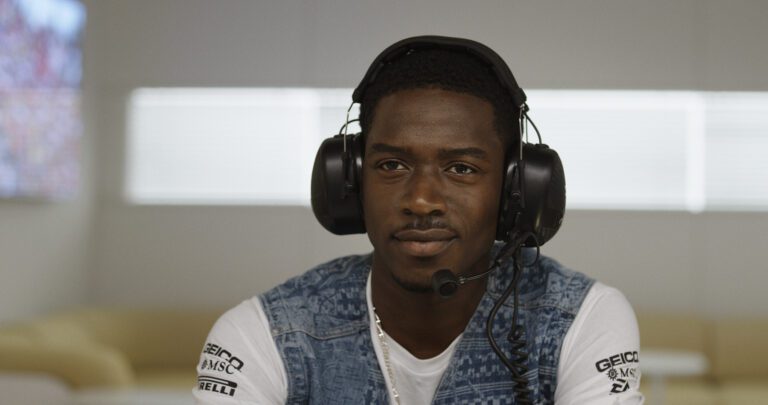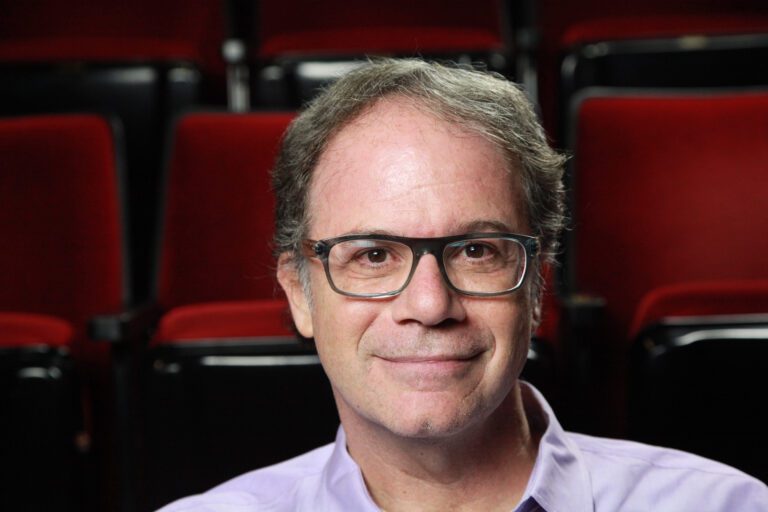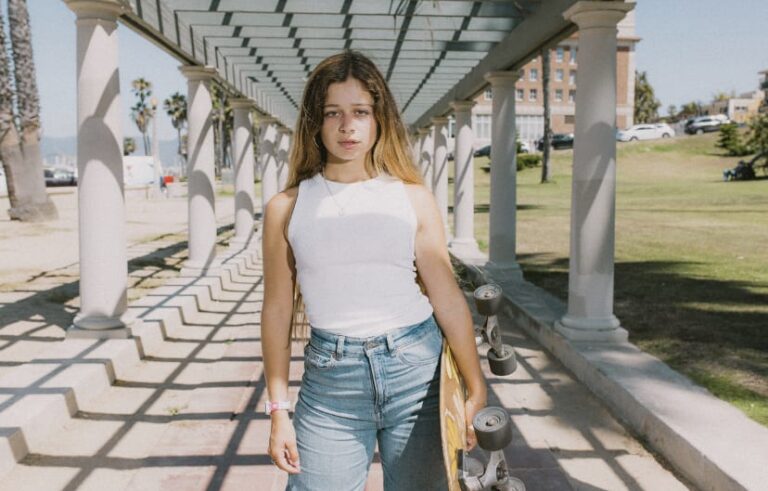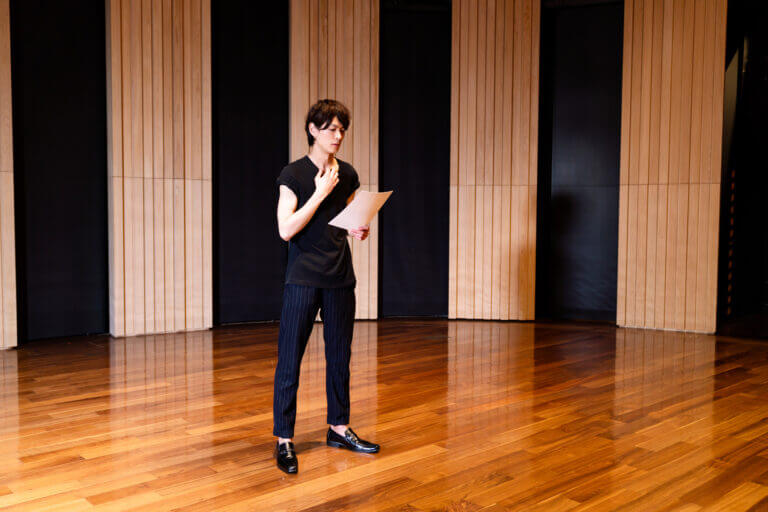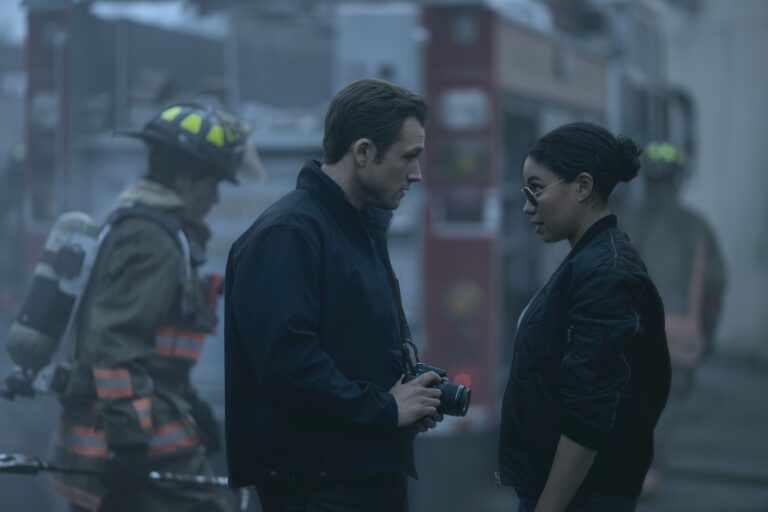Kharmel Cochrane is a casting lifer. She got her first gig when she was 17, and now 21 years later, she’s one of the most respected practitioners in the business.
The London-based casting director is a regular collaborator with such mega talents as Emerald Fennell, Alex Garland and Robert Eggers, who has never made a feature without her, while also casting huge movies like A Quiet Place: Day One, Bob Marley: One Love and John Wick: Chapter 4.
Eggers’ latest, Nosferatu, is a personal one for Cochrane, and the early word on the film is fantastic. It’s impressive, which fits because Cochrane is rather impressive herself. She’s also honest and engaging and doesn’t tend to give interviews, so strap yourself in. Cochrane, who pulls no punches, spoke to us from her London office.
- In your auditions, let your real personality shine through as authenticity could set you apart.
- Do thorough research on the project and the creative team before your audition.
- If you’re unprepared or lacking information at an audition, own up to it.
How did you get started in casting?
Totally by accident. I was 17 and my cousin was friends with a director. He asked me to go and street cast for him and he’d pay me 50 pounds.
I think what a lot of people won’t ever know about me is that I’m shy. Looking back, I can’t believe that I went and asked random kids to have their photos taken, but it’s almost like the job has given me an alter ego. This other person that I can be when I’m working that I’m just not in real life, which is insane.
In a sense, you get to act as well while you’re casting.
Yeah, although I can’t act, so …
Well, all evidence is the contrary. If you’re shy and all of a sudden you have this presence …
I think it’s a great shield. It’s a comfort blanket, for sure.
You’ve now been doing this your entire adult life, and I’m curious how you were able to go from street casting to turning it into a career.
That director said, “oh, you’d be good at casting, you must meet my sister,” this lovely, amazing woman called Belinda Norcliffe. I went to work with her for about three years, and then I got a call from Lucinda Syson, and she said, “oh, I hear you’re really good. Come work for me.” I didn’t last long because I knew nothing about film.
I think that I suffer from imposter syndrome because everything has been an impulse reaction to something else, rather than there being this kind of methodology or massive plan of world domination. I’m the kind of person, whatever job I did, I was always going to try and be the best at it. I just didn’t know that it happened to be this job.
Does the imposter syndrome continue 20 years in and with all the success?
Every day. I still do commercials, I still do music videos and I can start a commercial and think, “oh, God, are they sure? I think they’ve got the wrong person.” But I guess I’m just a complicated person because, on the flip side, I am so sure of my decisions.
I find that fascinating, because you’re working at the top of your industry, with Oscar-winning filmmakers, doing spectacular work, and you still feel that way?
I had a really difficult childhood with some traumatic things that happened. What I’ve learned through therapy and also speaking to my dear, dear friend, Tricia Wood, who’s another casting director, when you grow up in a household where chaos and real problems are, say, a 50 out of 10, when you’ve got a director of any scale, flapping about something. I’m like, “it’s fine. It’s going to be fine.” I’m so casual and I’m so relaxed, some people cannot deal with it because they think that I don’t care, or they think that I’m not invested, or they think that I’m too busy, but I’m just not my medium level for any kind of bullshit or drama.”
What we do for a job is fun and it’s fixable. I don’t yell at agents, I don’t yell at actors.
I don’t understand the need to yell and make a scene, as so many people do.
A couple of weeks ago, we were doing a TV series. We put an actor forward who was then not available, and the agent said, “oh, I’m so glad you didn’t make this into a huge thing and shout.” I thought, “why would I shout? He can’t do it. That’s it. Let’s move on.”
I feel like the shouting bit comes from a sense of ego, and I don’t have that. It’s not about me. I’m aware of that, and it’s why I don’t do interviews. I don’t like to put myself out there, because I don’t think anyone cares about me.
Why do this one then?
Because it’s talking about Nosferatu, and I love Robert Eggers, and maybe also at this point, with everything that’s happened, I felt like I wanted to just be a bit vocal about what I think. In the same way that it’s easy for me to hide, I thought, “well, I’m not going to sit here and lash out at a system that we can’t change, but what if I could just say, well, actually, this is the way I work, and we could all be like this.”
You have the floor. If you were the queen of entertainment and could set things up exactly how you feel that they should be, what would you change?
I would have everyone work like Robert Eggers, Emerald Fennell and Alex Garland, people who I respect, who understand the true art of collaboration, which is taking someone for their good days, their bad days, their chaos and seem interested.
I remember having a similar thing with Alex when we were casting Men. I’d been fired and I was really upset because I hadn’t won a BAFTA. I was like, “but I do such good work. I don’t understand why I haven’t got any of this.” Alex was like, “why do you care? Just do good work. Everyone knows you do good work. So just do good work.”
That’s what I would change. I would just make everyone nice, intelligent and clever, and it doesn’t mean that you can’t have difficult conversations. Robert Eggers is not easy, but he’s not unkind or evil. YIt’s just a conversation. Something’s not right. You fix it. It’s easy.
What can you tell me about Nosferatu?
I think it’s the thing that I’m most proud of.
Really? How come?
I mean, it’s older than my children. We’ve been working on it for 10 years. I cast The Witch, and then maybe there was another script in between The Witch and Nosferatu, but I had only cast The Witch and maybe one or two other films.
The studio agreed to hire me, but they didn’t want to. We white-knuckled it through that process — and neither of us enjoyed it, I think it’s fair to say — and then it came back a second time, and then it came back this third iteration, or maybe the fourth.
Anyway, I went to see it. I was on my own in a Sony screening room, and I cried. Not because I was scared, though I was terrified, but because it was exactly everything that Robert said it was going to be, and more.
There must be a tremendous sense of accomplishment after working on something for a decade, and then seeing it’s everything you wanted it to be.
It’s very rare that I go and see a film and it exceeds my expectations. I was speechless.
Also, I didn’t think Lily-Rose Depp could do it. I was a naysayer, and then she auditioned and it was phenomenal. I had to text her afterward and say because she knew that I was trying to block her. She was incredible, and that’s all there is to say. I hold my hands up and say, “I got it wrong.” That’s the joy of being an adult and self-aware.
Since you mentioned auditions, do you find that there are common mistakes that people may actors make when they come into audition for you?
No, not really. It’s collaboration. There’s no right or wrong. It’s just learning through it together. I call myself “the buffer fluffer.” I just go in and I try to bridge the oddness that comes from both actors and directors.
With that in mind, what piece of advice or wisdom would you give to an actor coming in to audition for you?
Oh, God, the cheesy normal thing of, just be yourself, but actually be yourself. Whoever you are, just be yourself.
I think I’m a real people person. I can tell if someone’s pretending to be nice, but also do your research and never throw casting under the bus. The number of times that I go in and the director will say, “oh, and Sue, did you read the script?” And they’ll say, “no, casting never sent it,” and I’m there on my phone and I’ve got the double tick on the email receipts on mail track.
Other than that, I don’t think there’s anything that you can do wrong. Just be prepared to know who you’re meeting. I think what’s always nice is if you go into a meeting and someone’s prepped and they’ve got something to talk about that’s relevant.
Ready to find your next role with Casting Networks? Sign up for a free trial today!
You may also like:


